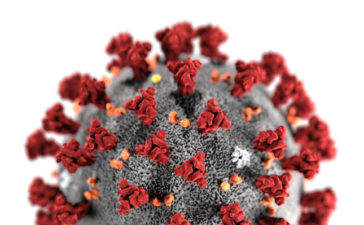The findings, published in the Journal of Nutritional Biochemistry, showed that mice fed a high-fat diet supplemented with green tea gained about 20 per cent less weight and had lower insulin resistance than mice fed an otherwise identical diet without tea.

Mice fed a diet of two per cent green tea extract had an improved gut health including more beneficial microbes in the intestines and less permeability in the intestinal wall — a condition called “leaky gut” — than those that ate a diet without it.
Leaky gut is a problem in humans that contributes to widespread low-grade inflammation.
“This study provides evidence that green tea encourages the growth of good gut bacteria, and that leads to a series of benefits that significantly lower the risk of obesity,” said lead author Richard Bruno, Professor at the Ohio State University.

For eight weeks, the team fed half of the male mice a high-fat diet that causes obesity and half were fed a regular diet. In each of those groups, half ate green tea extract mixed with their food.
Female mice were not included as they are resistant to diet-induced obesity and insulin resistance.
Green tea also protected against the movement of endotoxin — the toxic bacterial component — out of their guts and into the bloodstream.

“Consuming a little throughout the course of a day with food might be better,” Bruno said.
Drinking green tea has also been linked to a lower risk of cancer, heart and liver disease.





